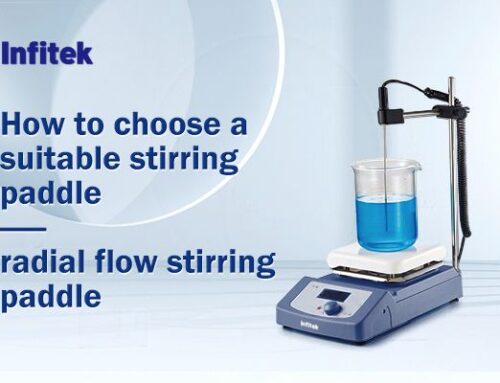Laboratory autoclave sterilizers are critical devices in modern labs, ensuring the sterilization of equipment, media, and other materials by using high-pressure steam. They are essential for preventing contamination in microbiological labs, medical facilities, and research institutions. Autoclaves operate at temperatures between 121°C to 134°C, effectively killing bacteria, spores, and other microorganisms.
Autoclaves come in different types: gravity displacement for basic loads and vacuum autoclaves for more complex items like porous loads or hollow instruments. Key features to consider when choosing an autoclave include the chamber size, cycle control, and safety features like pressure regulation.
A well-maintained autoclave ensures sterility and prolongs the lifespan of lab equipment, making it indispensable in any lab focused on accurate and reliable results. Regular servicing and validation also ensure compliance with stringent lab standards.
Investing in an autoclave with advanced features like automatic controls or digital monitoring systems can significantly improve lab efficiency and safety.




Get Social